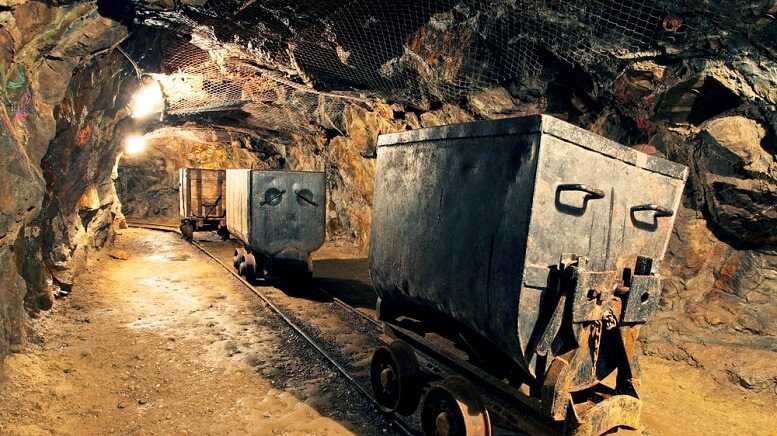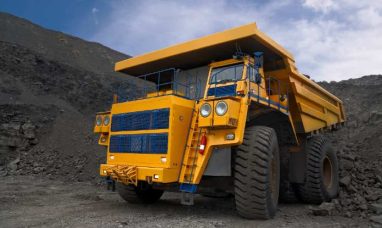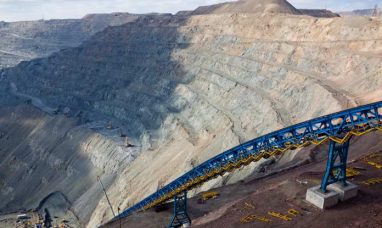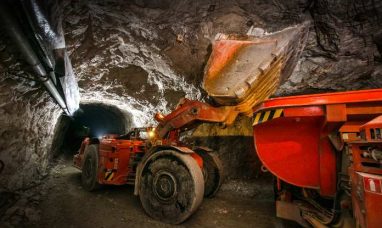Ecuador’s mineral export industry is bracing for a potential decrease of up to 20% this year, following recent policy shifts and economic challenges. This projection comes from key officials who have been observing the trends and potential impacts on the country’s economy.
The South American nation, known for its rich deposits of copper and gold, has been a significant player in the global mining sector. However, recent decisions by the government, including changes in the regulatory framework, have raised concerns among industry stakeholders. These changes are aimed at increasing the state’s revenue from mineral resources but may inadvertently reduce the competitiveness of Ecuador’s mineral exports on the world stage.
Many in the industry are worried that the new policies could deter foreign investment and slow down ongoing projects. The regulatory environment, now seen as more stringent, requires companies to adhere to more comprehensive environmental and social standards. While these standards are in line with global sustainability goals, they can also increase operational costs for mining companies.
Furthermore, the global market for minerals is currently experiencing volatility. Prices for key minerals like copper have seen fluctuations, influenced by factors such as geopolitical tensions and changes in demand from major economies like China. This has added another layer of complexity for Ecuadorian exporters who are already grappling with internal policy changes.
Industry experts suggest that the government needs to strike a balance between generating revenue and maintaining a favorable environment for mining investments. Without this balance, the projected decline in exports could have significant repercussions on Ecuador’s economy, which relies heavily on mineral revenues.
Additionally, the potential drop in exports could affect employment in the sector. Mining is a major source of jobs in Ecuador, and any decline in activity could lead to job losses, impacting thousands of families reliant on this industry.
In response to these challenges, some companies are exploring ways to adapt to the new regulations and remain competitive. They are investing in technology to improve efficiency and reduce costs while meeting environmental standards. There is also a push towards forming strategic partnerships with local communities to ensure sustainable operations.
The government, on its part, has expressed a willingness to engage with industry stakeholders to address their concerns. Officials have indicated that they are open to discussions to find common ground that benefits both the state and the mining companies.
While the outlook remains uncertain, the coming months will be crucial for Ecuador’s mining sector. The decisions made during this period will likely shape the future of the industry and its role in the country’s economy.
Footnotes:
- Ecuador is facing a potential decrease in mineral exports due to recent policy changes. Source.
Featured Image: DepositPhotos @ ttstudio









